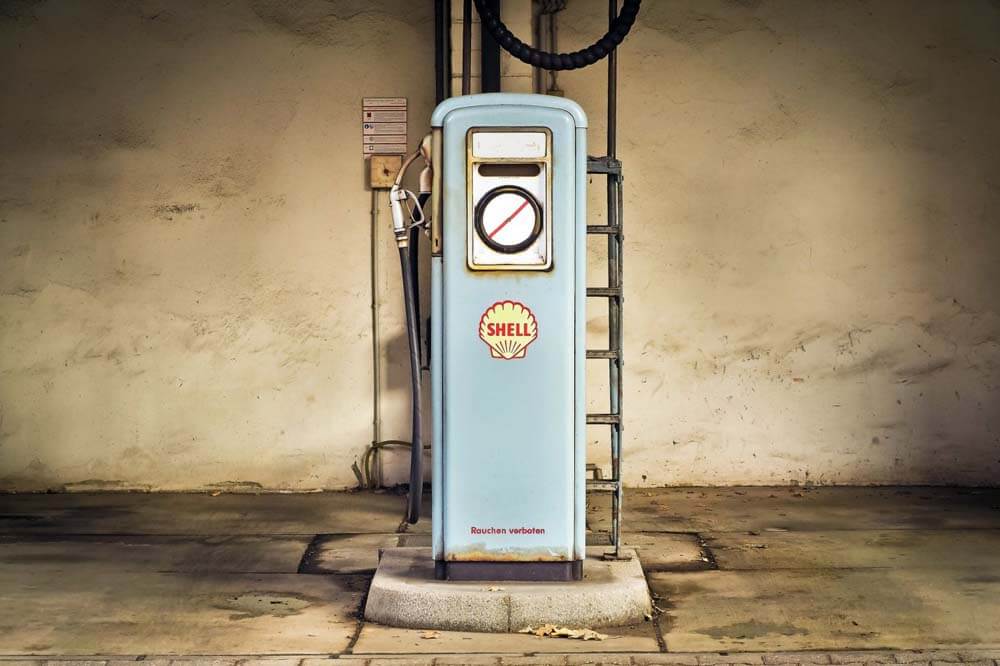
Is Premium Fuel Worth The Extra Cost?
We’ve all seen the premium fuel brands on offer at the pump, some of them have glamourous names like “Ultimate” and “Momentum” – they sound beefy, don’t they?But as they are usually around 5-10p a litre more expensive than standard fuel, is it really worth it? Or is it an ego thing?
Firstly, let’s look at what premium fuel is. It is basically fuel with a higher research octane number (RON) – generally the higher the RON number, the lower the fuel consumption and the higher the engine performance and protection. Standard fuel has a RON of around 95 and the premium fuels can have a RON of around 97-102.
So, now that we’re clear on what it actually is (although I should mention that normally the word premium is reserved for diesel – and super is used for petrol) does it make a visible difference? The higher RON fuels burn more efficiently, so they should deliver more power for less fuel burned, but that is dependent on lots of other factors as well, such as how you drive (refer to my blog about how different types of music can affect your driving style for examples!), how well you maintain your car and what sort of driving you mainly do. If you’re a stop/start driver, constantly doing shorter journeys, then you’re unlikely to notice a significant uplift in the miles per gallon.
If you’re driving a high performance car, where the engine is primed to use greater pressures and temperatures to get optimum horsepower and improve performance, then this is where you will likely see a benefit in using premium fuel.
Regular engines are not geared up to use the same compression ratios and engine temperatures so owners of these cars won’t see such a great impact, if any at all.
If you’re thinking of using premium fuel as a long term money saving deal, (it’s not a short term money saver due to the extra cost of the fuel initially) then it’s really only worth it if you are driving a high performance car, and using it to its full advantage. If you’re driving a high performance car to Tesco once a week and leaving it parked up the rest of the week, then again, you’re not going to see the real benefit here.
Premium fuels also often contain elements that protect key engine parts against wear and tear and guard against potential corrosion. It is generally felt that premium or super fuels are “cleaner” – so less likely to clog up your engine – but as the race to be “green” and sustainable hots up, even standard fuels are pretty clean compared to their ancestors.
So, in conclusion, we think it’s worth paying the extra if you’re running a high performance car that you want to take care of. If it’s the family runabout, we’d probably recommend that you put the extra 10p/litre into a pot to pay for new tyres/deep clean/exhaust or something nice for the family.
